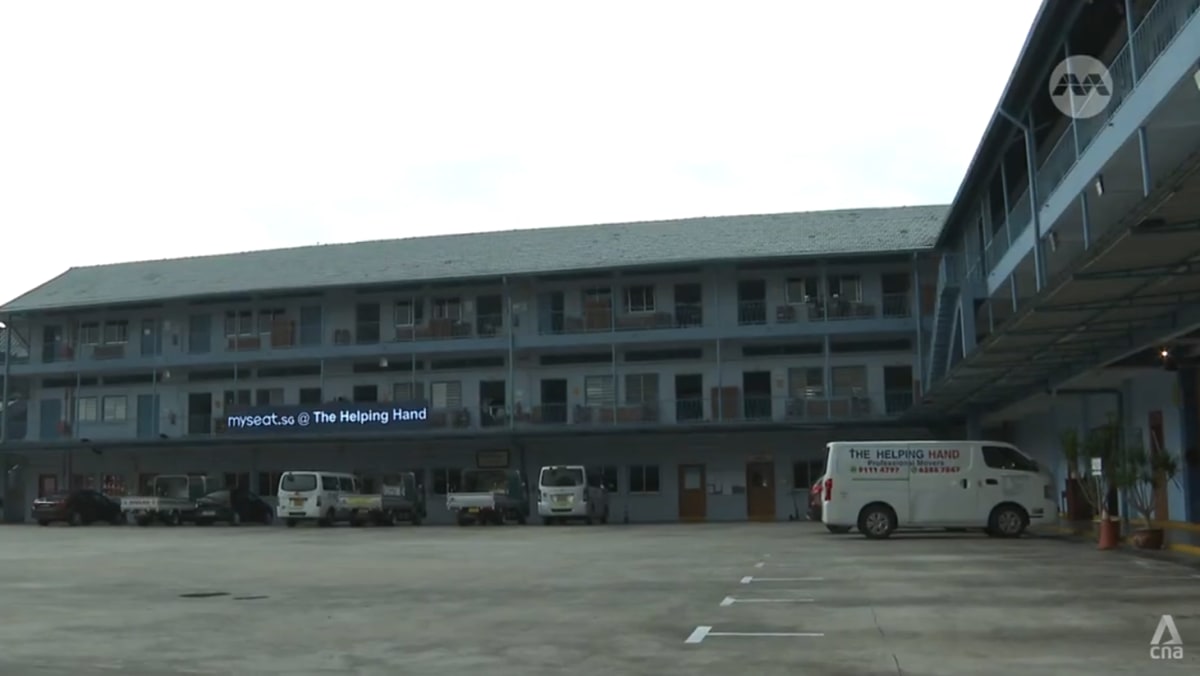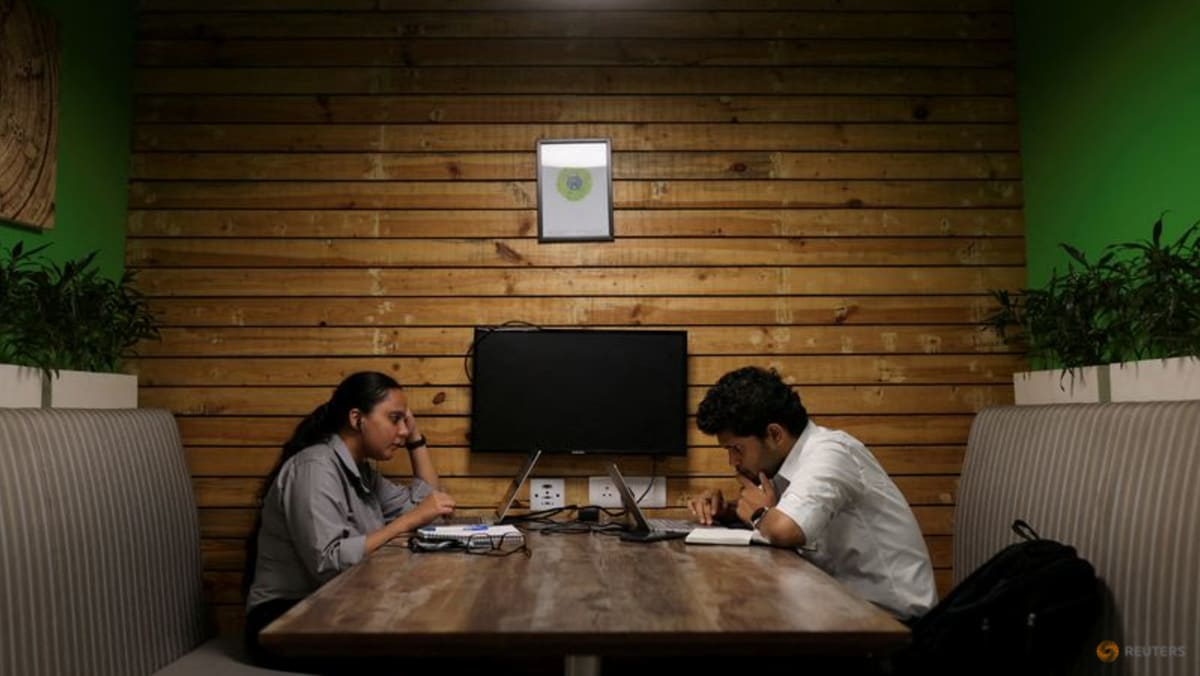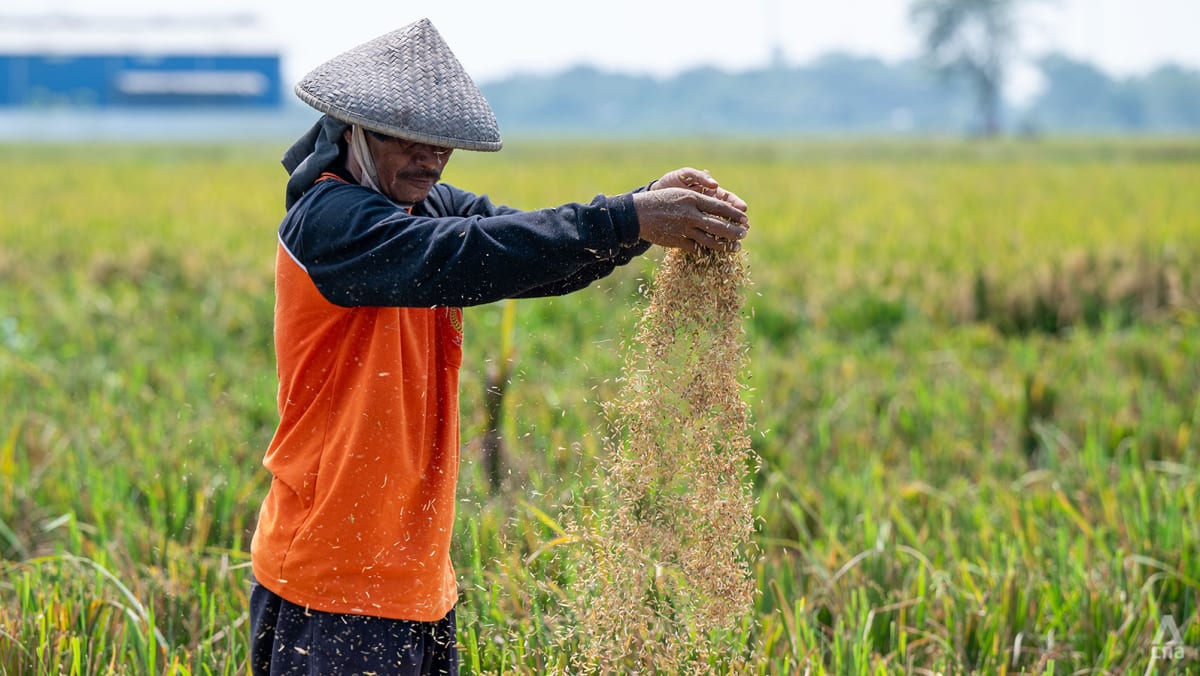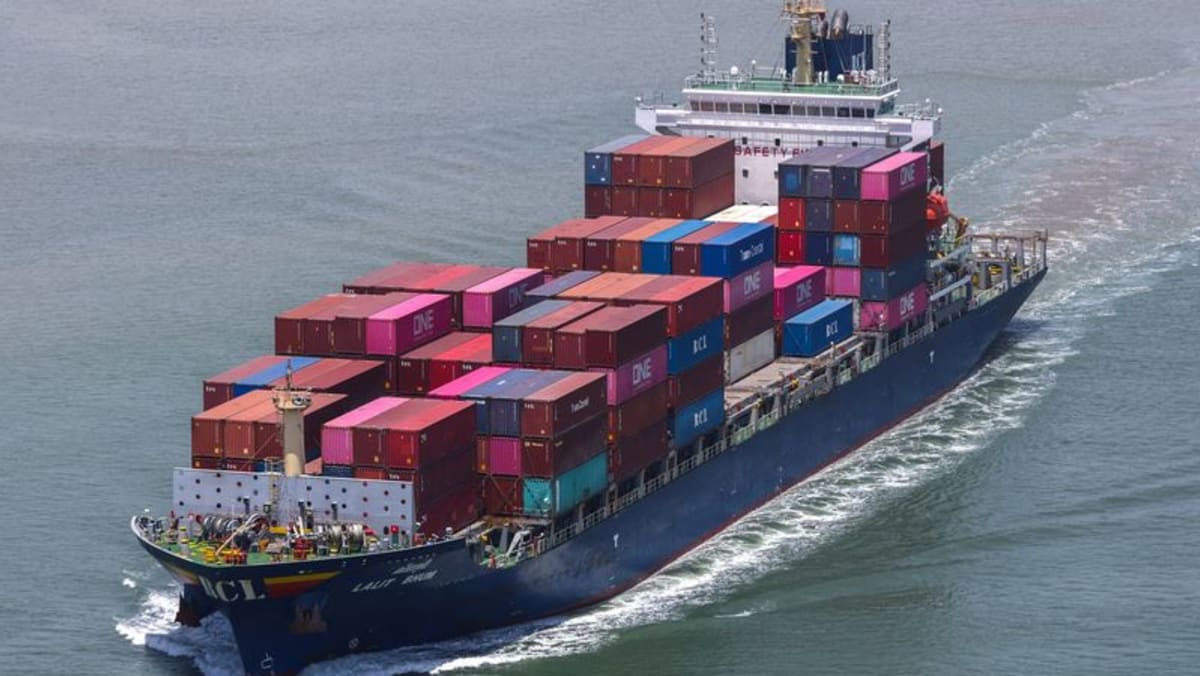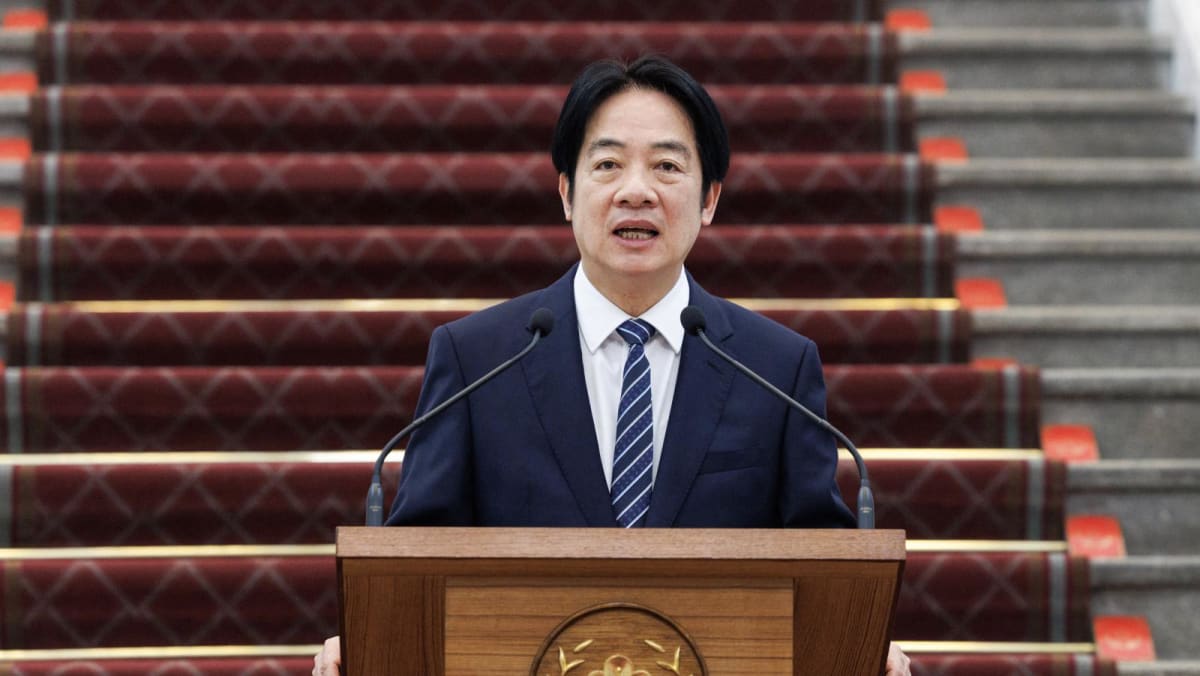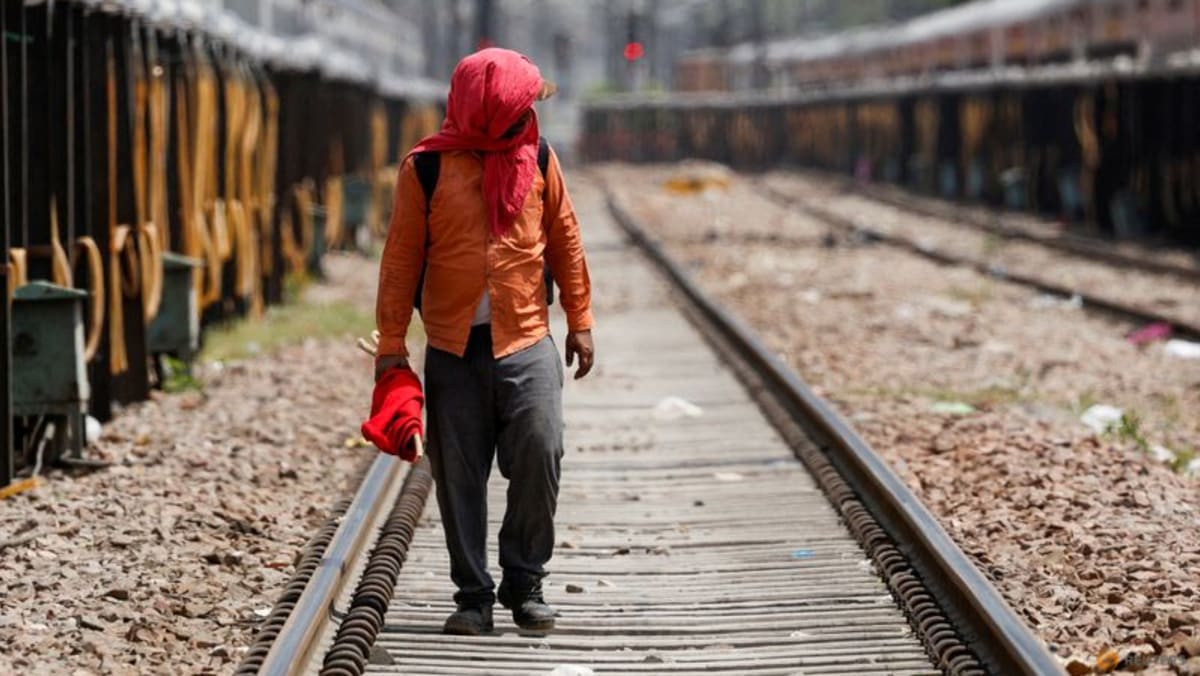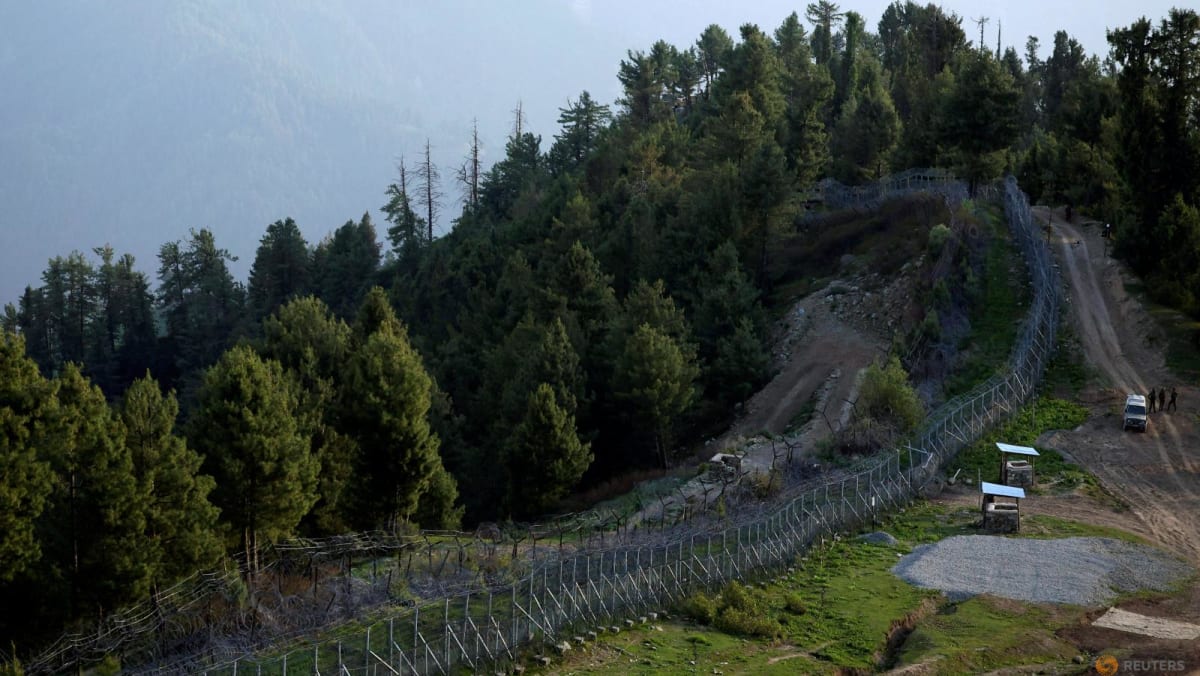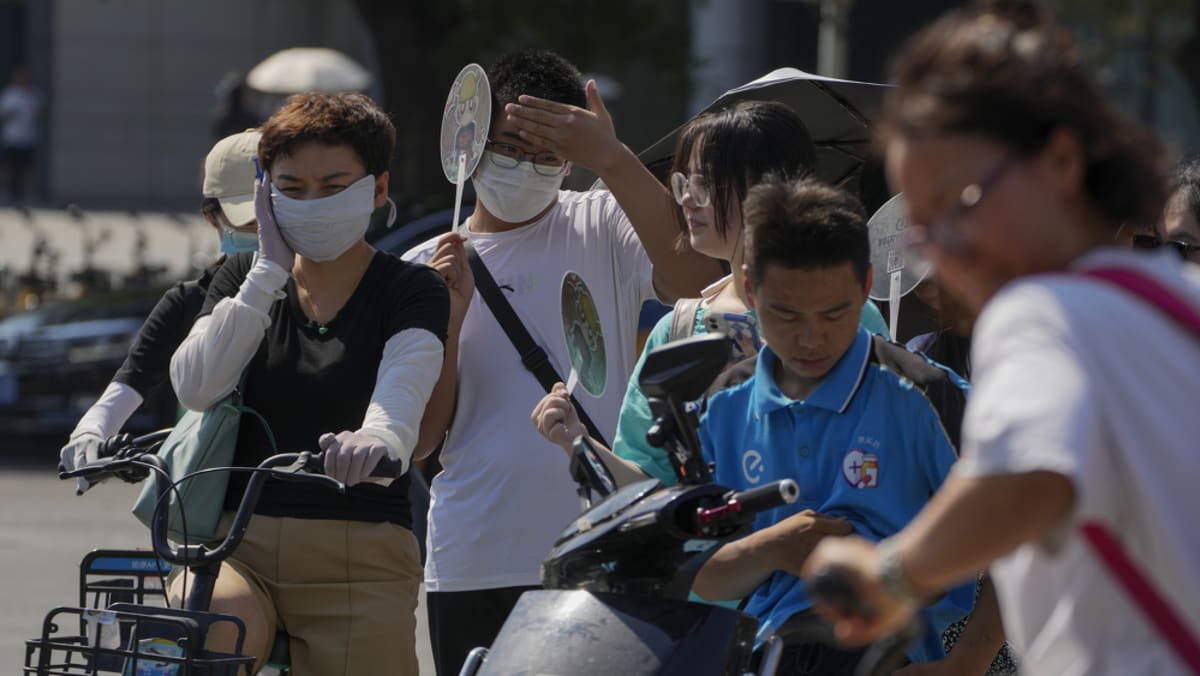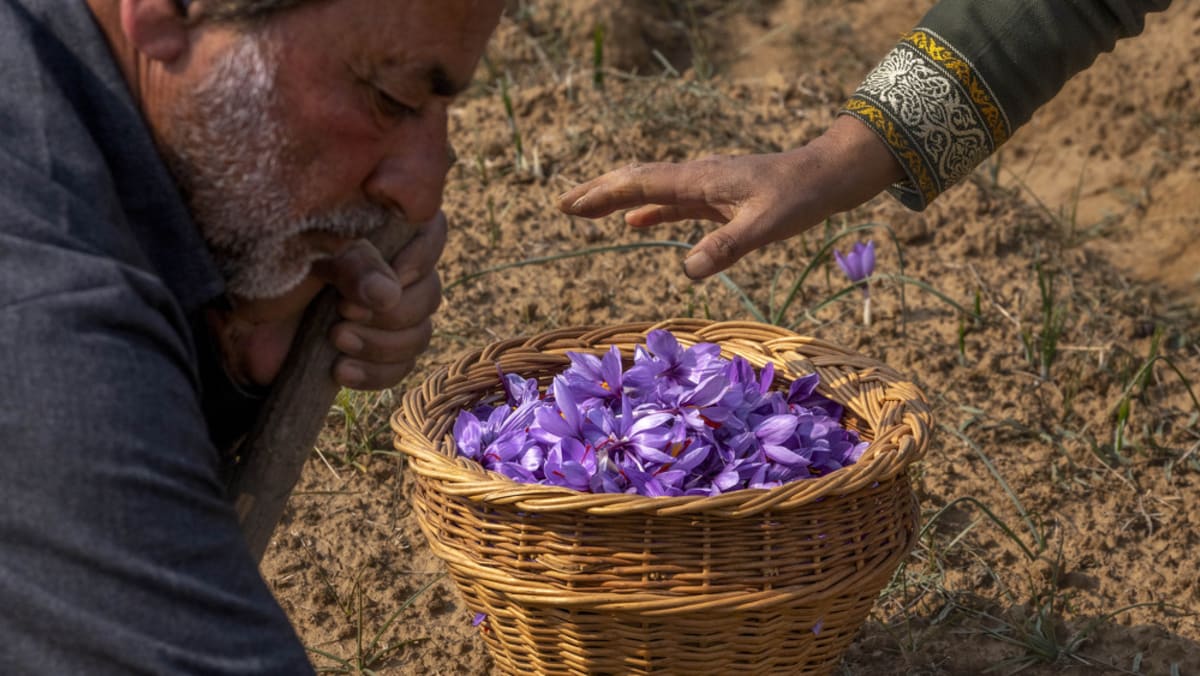National food security begins with self-sufficiency efforts at the village level.
In Burno village, located in East Java about two hours’ drive from the provincial capital of Surabaya, a national social forestry pilot project began in 2021 where the local community is allowed to use forest areas for agriculture, including rice cultivation.
“Burno’s land is fertile and all types of plants are there. So, if this is a country, and if it is blockaded, it will survive because it has achieved food self-sufficiency,” said Lumajang Regional Forest Service Branch head Achmad Achyani.
LONG-TERM APPROACH REQUIRED
But agriculture experts have expressed scepticism about Indonesia’s rushed food self-sufficiency plans, emphasising that it requires a long-term approach.
“Unfortunately, to this day, we have not been able to see, find or read documents, scenarios or roadmap prepared by the government (on food self-sufficiency),” noted Ayib Said Abdullah, coordinator of the People’s National Coalition for Food Security.
“If the programmes and policies that are made are just to fulfill political promises, for me that is something that is very sad because the stakes concern this nation.”
Last month, Prabowo also issued a budget efficiency directive, ordering a 256 trillion rupiah (US$15.76 billion) budget cut for ministries and state agencies.
These cuts are set to slash funding for critical infrastructure projects, including irrigation systems vital for boosting agricultural production.
Farming experts said this move, combined with the challenges posed by climate change, may be the last straw that breaks Indonesia’s hopes for food security.
